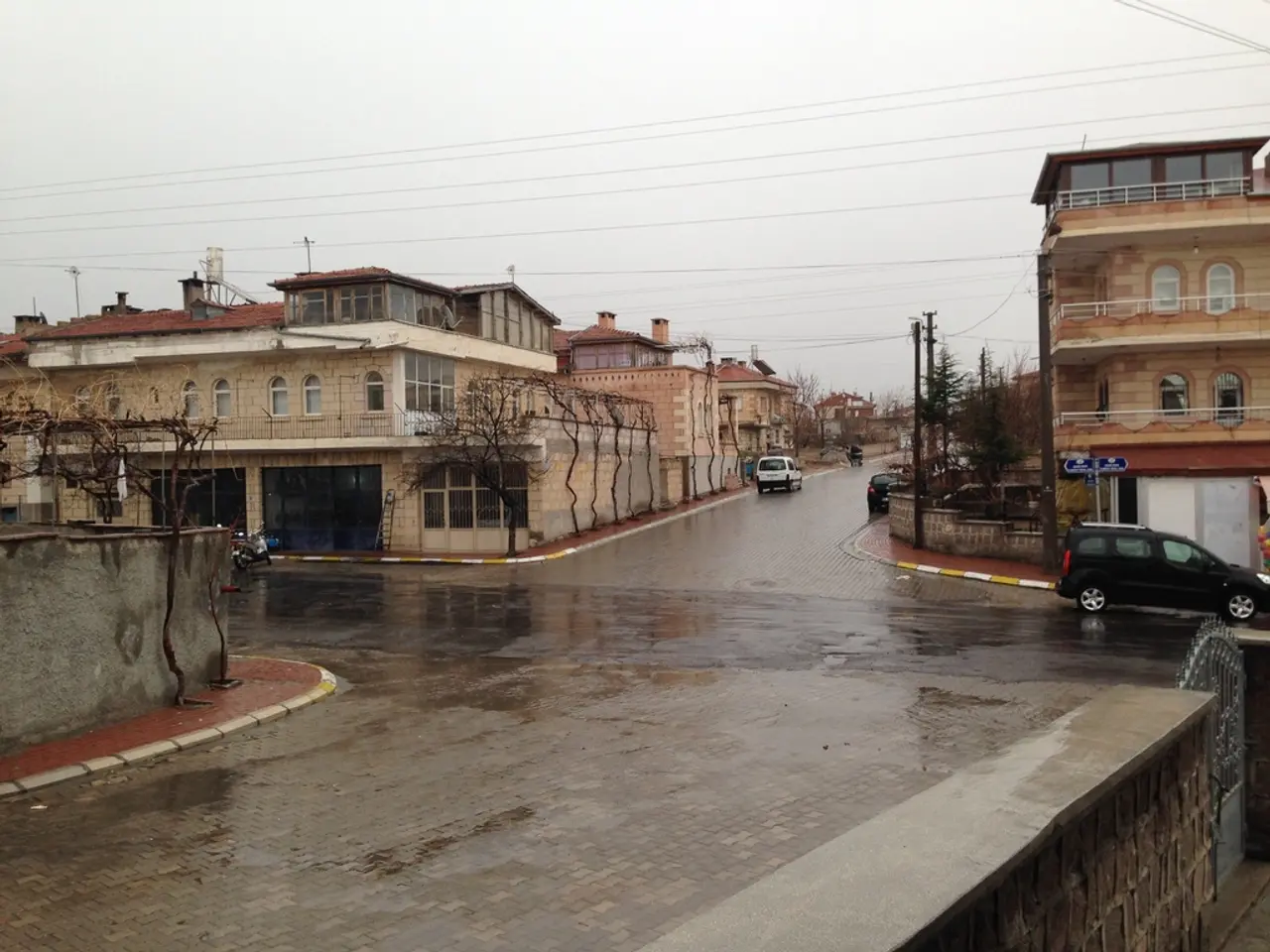Green technology advocates in border freight industry make proposals at NADBank Summit to promote environmentally friendly transportation solutions.
In San Antonio, the North American Development Bank's 2025 summit hosted a panel discussion titled "Driving Growth: Clean and Efficient Mobility Catalyzes Economic Integration." The panel brought together experts from academia, business, and government to discuss the future of sustainable transportation and its impact on economic integration.
Juan Baez, from San Diego-based Bali Express Services, shared his belief that electrification is the key to achieving a 100% sustainable company by 2035 or 2040. Baez's company has already launched a "green corridor" linking the Port of Long Beach with factories in Tijuana and San Diego, logging over one million clean miles last year. Bali Express Services operates electric Class 8 trucks across the U.S.-Mexico border, an initiative supported by NADBank financing.
Jorge Gutierrez Topete, director of Baja California's Institute of Sustainable Mobility, emphasized the importance of incentives over penalties in shifting fleets toward lower-emission technologies. He pointed to the successful financing of Euro 6 clean-energy buses in Tijuana as a blueprint for scaling public and private fleet conversions. Trayecto, the largest freight transportation company in Mexico, has grown its natural gas-powered trucks from five units in 2015 to over 600 today, making around 14,000 journeys per month. Despite challenges with range and charging, Trayecto is also testing electric trucks and understands the need for water conservation initiatives in addition to engine improvements.
Daniel Covarrubias, director of the Texas Center for Border Economic and Enterprise Development at the A.R. Sanchez School of Business at Texas A&M International University in Laredo, Texas, stressed the role of new infrastructure and research in preparing for a more sustainable border economy. He also highlighted a pilot study on electric cargo vehicles, with the aim of conceptualizing smart border entry and potentially reimagining new bridge infrastructure based on technology.
The discussion focused on crossings at the World Trade Bridge and the Colombia-Solidarity Bridge, with approximately 16,000 to 18,000 tractor-trailers crossing daily between the U.S. and Mexico. The panelists agreed that a mix of technologies, including advanced diesel, natural gas, electric, and eventually hydrogen, will be needed to reduce emissions in North American freight.
The panel also included Victor Salazar, chief commercial officer at Trayecto, and NADBank's annual summit brought together federal, state and municipal authorities, business organizations, academia, financial institutions, investors, project developers, and experts from both the U.S. and Mexico. The summit aimed to foster collaboration and innovation in the pursuit of sustainable economic growth and environmental protection.
Read also:
- Understanding Hemorrhagic Gastroenteritis: Key Facts
- Stopping Osteoporosis Treatment: Timeline Considerations
- Tobacco industry's suggested changes on a legislative modification are disregarded by health journalists
- Expanded Community Health Involvement by CK Birla Hospitals, Jaipur, Maintained Through Consistent Outreach Programs Across Rajasthan








